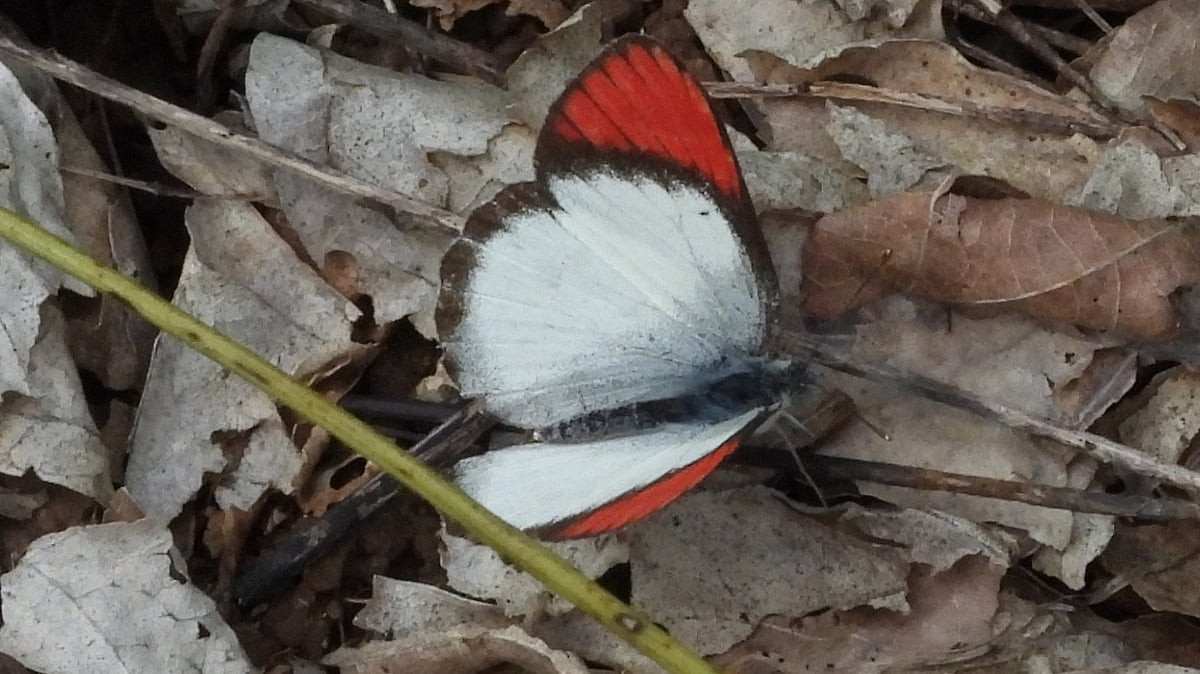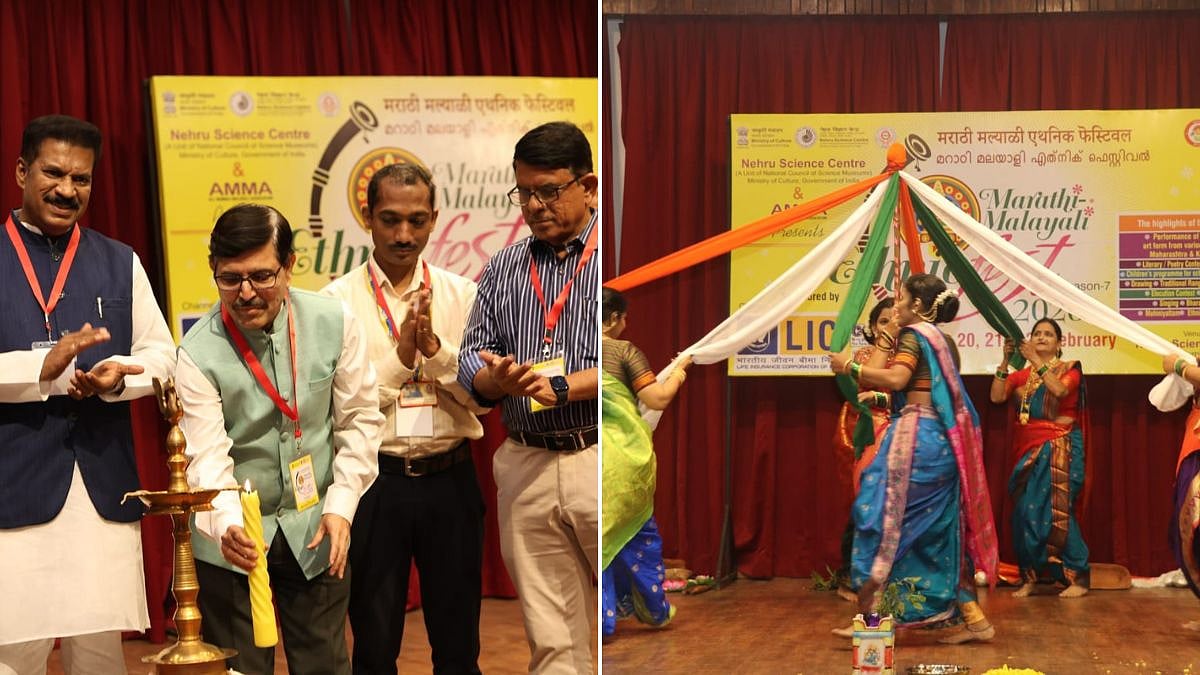Pune: During the Wildlife Week (October 1 to 4), the Pune Division of the Maharashtra Forest Department conducted a scientific butterfly survey in the grasslands of Kadbanwadi and adjoining areas, including Shirsufal, Kumbhargaon and Bhigwan. The survey was led by Dr Raju Kasambe, noted butterfly researcher and former Assistant Director at the Bombay Natural History Society (BNHS), Mumbai. Dr Kasambe, author of four books on butterflies, has vast experience in studying grassland ecosystems.
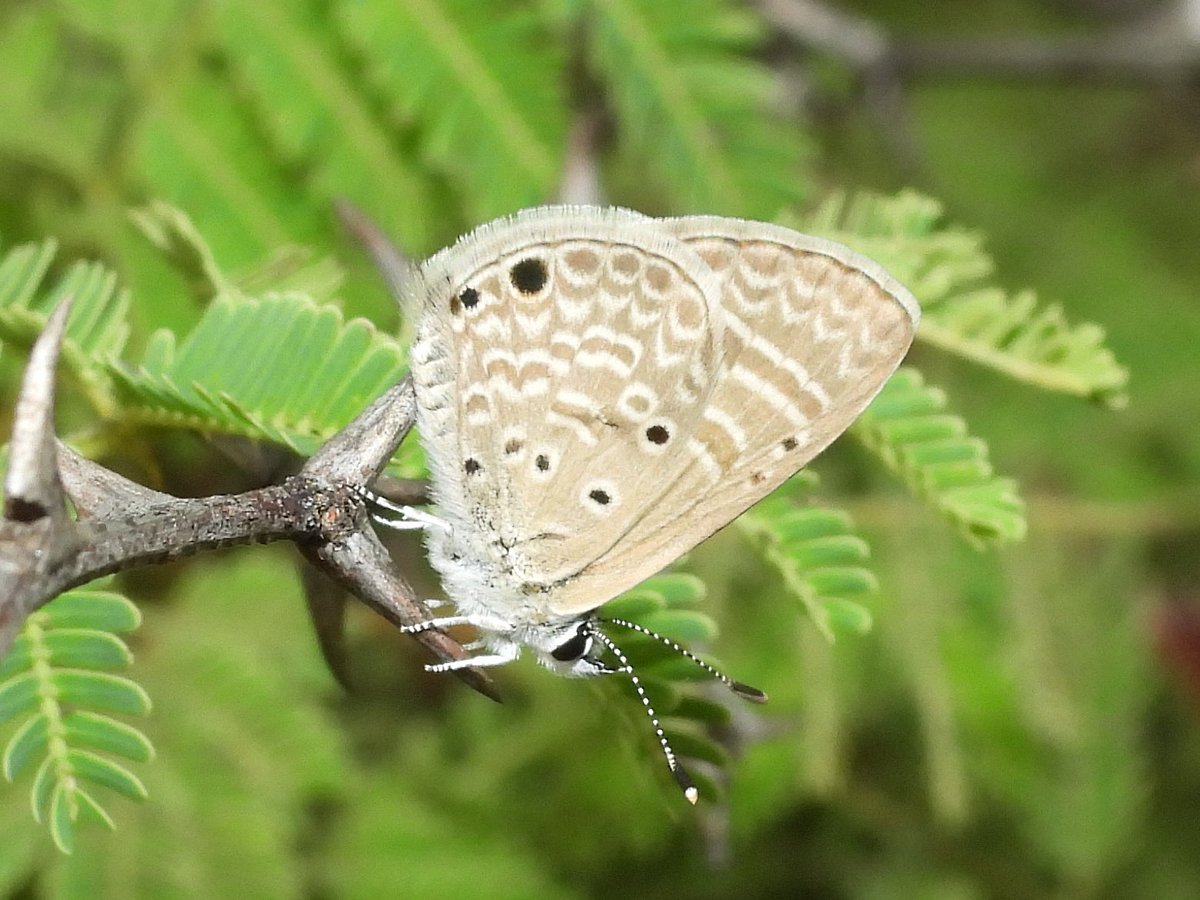
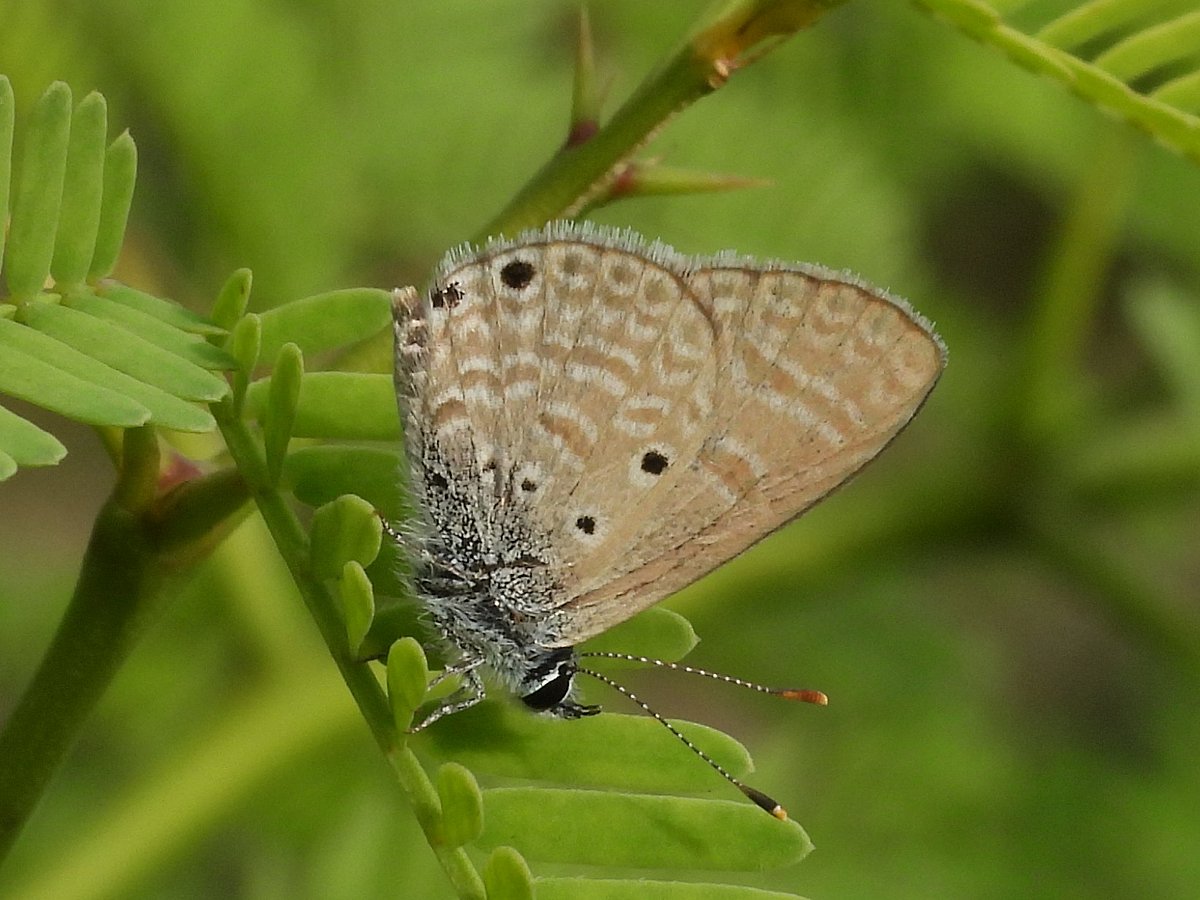
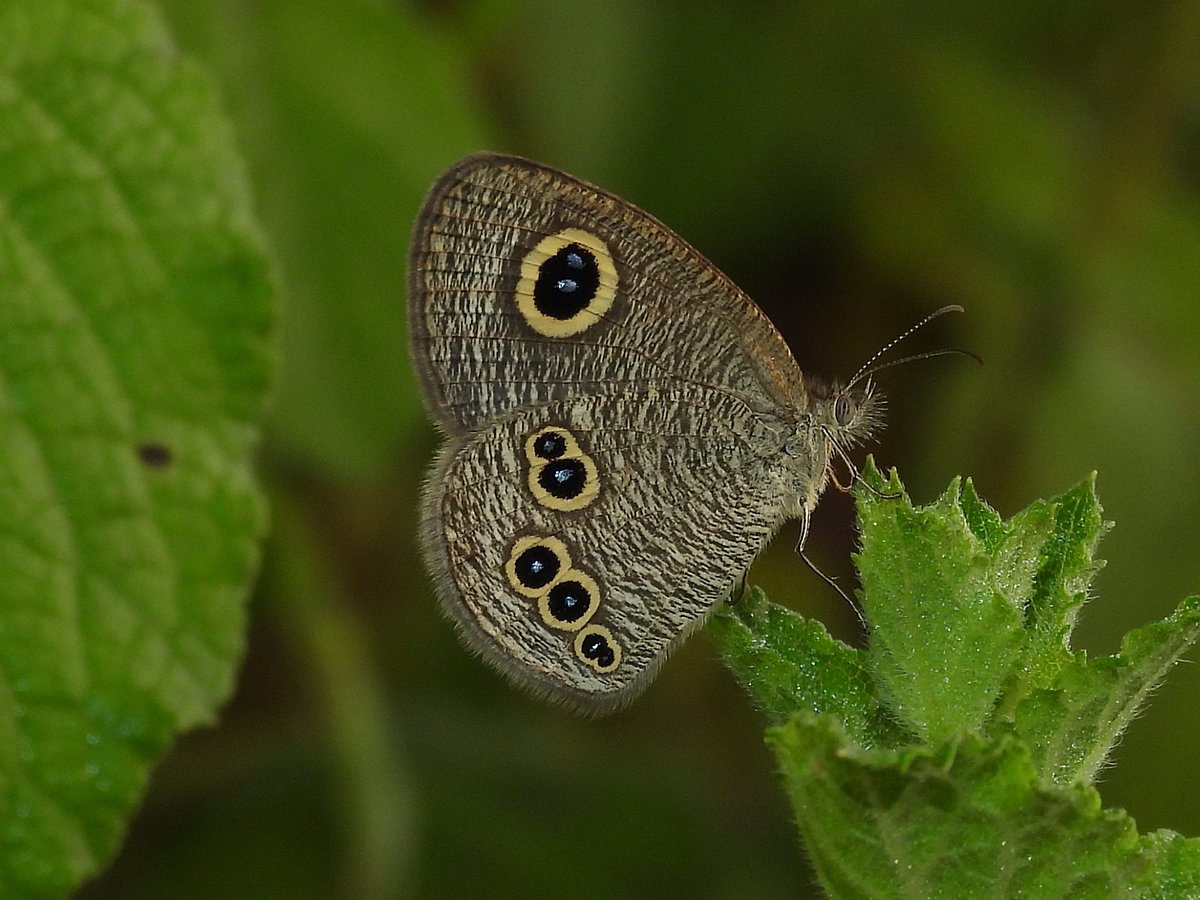
The survey recorded a total of 49 butterfly species. Among these were grassland specialist species, such as the Common Grass Dart, Lineblues, Crimson Tip, Common Three-ring, and Common Five-ring, all typically found in the open and dry grassland habitats of the Deccan Plateau and the Western Ghats. Species characteristic of arid grasslands, such as the African Babul Blue and Bright Babul Blue, were also recorded. The most abundant group belonged to the Lycaenidae (Blues) family, followed by Pieridae (Whites and Yellows), reflecting the diversity typical of semi-arid grassland ecosystems.

This butterfly survey forms the first phase of a broader scientific initiative to assess the biodiversity of grasslands in the Pune Division. Under this programme, information on various grass species, trees and shrubs, birds, and butterflies inhabiting the grasslands is being systematically collected and documented. The work is being implemented in the grassland-dominant regions of Indapur, Baramati, and Saswad forest ranges. The first phase covering butterflies has been completed, while the second and third phases will be conducted during winter and summer to study seasonal variations in species diversity. All activities are being carried out in a scientific and well-structured manner.
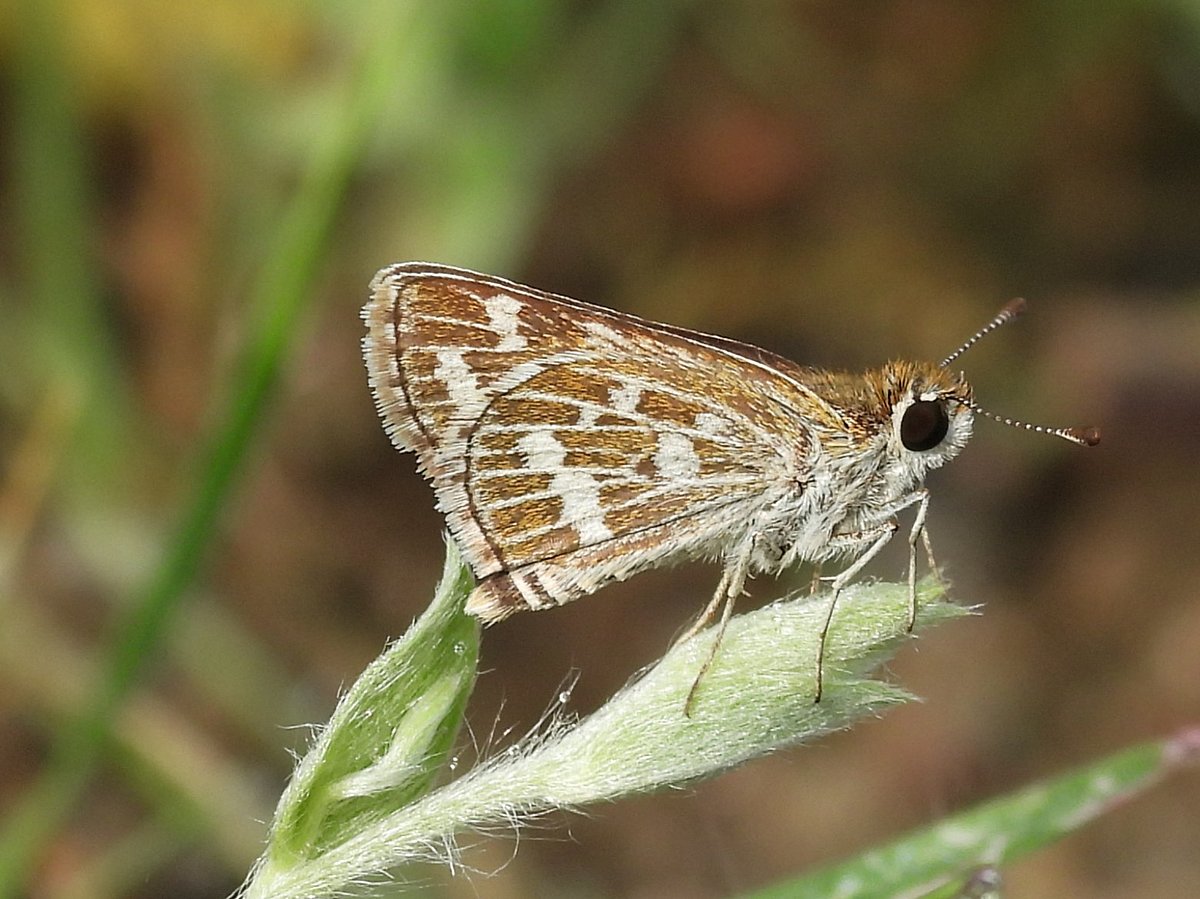
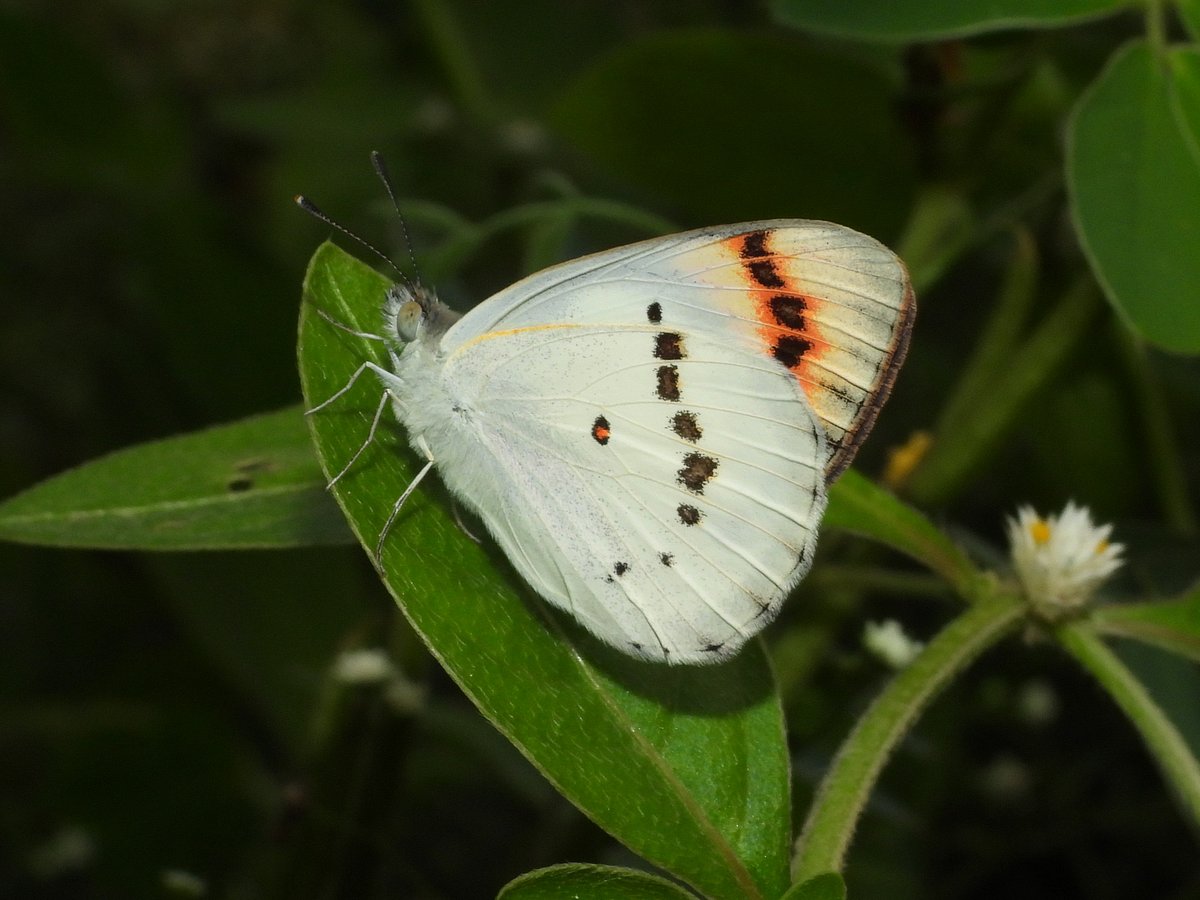
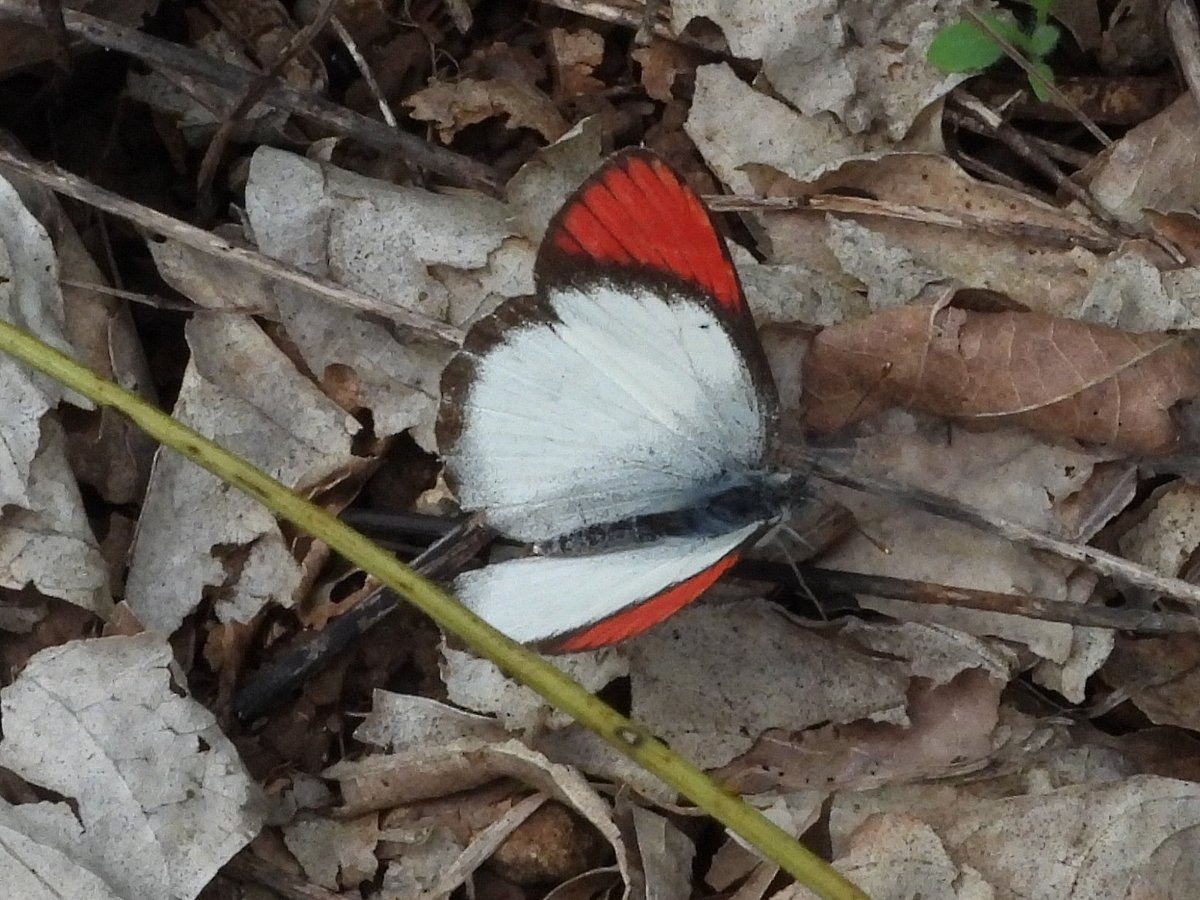
The entire initiative is being undertaken under the guidance of Ashish Thakre, Conservator of Forests, Pune Circle, and Mahadev Mohite, Deputy Conservator of Forests, Pune Division. The field-level planning and implementation are being coordinated by Mangesh Tate and Atul Jainak, Assistant Conservator of Forests, Pune, with active support from Bhagyashri Thakur, Range Forest Officer, Indapur, and her staff.
“Grasslands are among the most threatened yet vital ecosystems. Understanding their biodiversity is crucial for planning long-term conservation and sustainable eco-tourism,” said Mahadev Mohite, Deputy Conservator of Forests, Pune.
